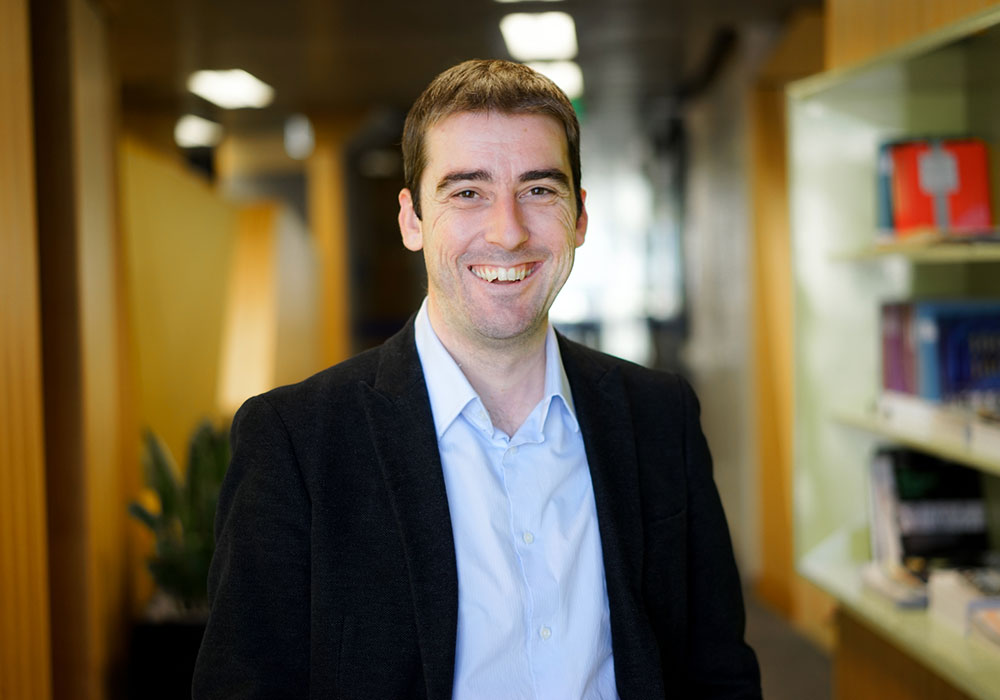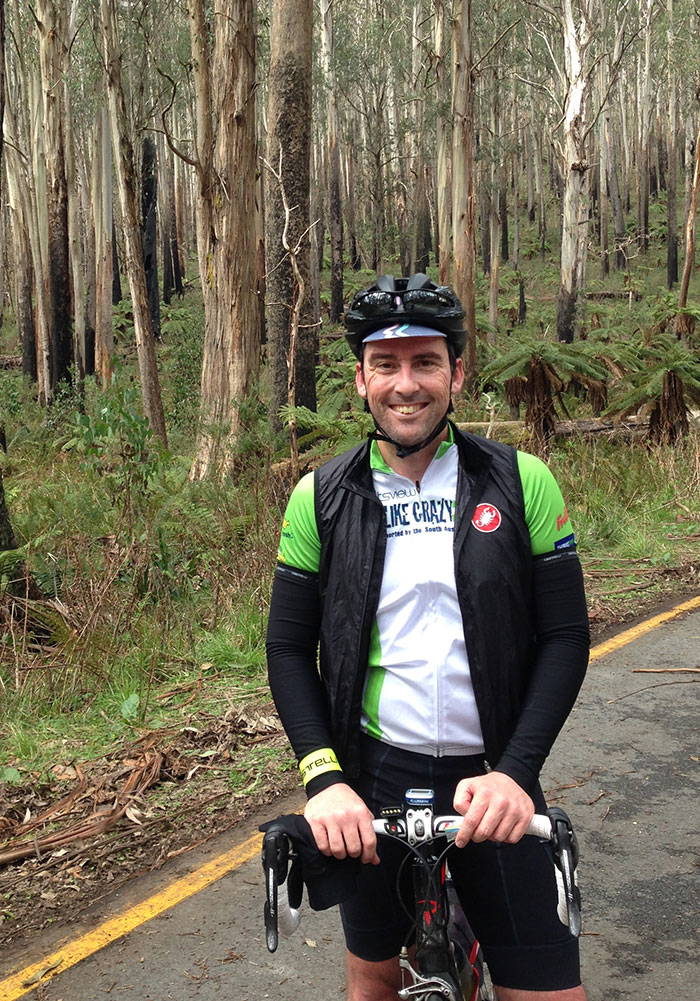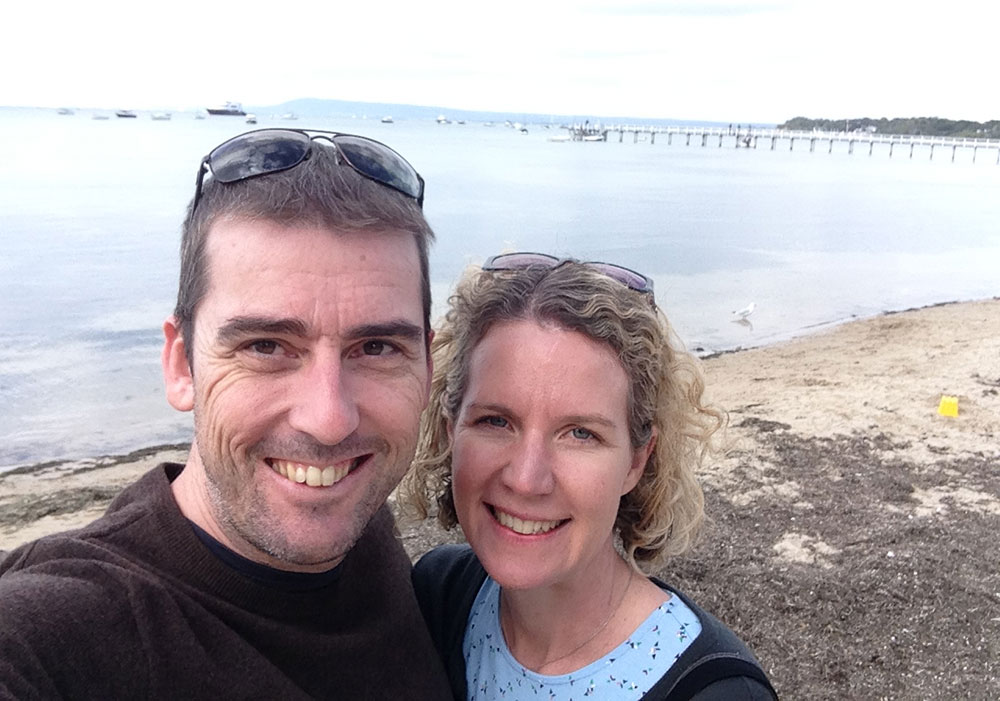Where is the future of the workforce headed? It's unclear, but Dr Josh Healy, a Senior Research Fellow at the Centre for Workplace Leadership may be one step closer to finding the answer. In this interview, we discuss the upcoming Future of Work Conference, and his fascinating research in this field.
Can you tell me a bit about your research interests?
My research focuses on the future of work and workplaces, mainly with the development and implementation of new technologies – mostly artificial intelligence and robotics – and how they are changing demand for future workers.

Another topic that should be discussed is whether we can do better at sharing the job opportunities around. With technological advancement, some jobs will inevitably become redundant, but there will also be many new jobs created. Historically, however, we have seen that these opportunities go mainly to more skilled workers, who are trained in more cognitive tasks.
The challenge is how to make the future of work more broadly inclusive. If we don’t manage that, we will find ourselves in an increasingly unequal and uneasy society. Dr Josh Healy
Another focus of mine is the gig economy, a growing part of the job market where people are doing small tasks via phone apps such as Uber and Deliveroo. These are often short bouts of work that may not be people’s main occupation. This area is starting to gain wider interest, particularly surrounding the treatment of workers, problems with how they are compensated, and questions about whether the sector should be more heavily regulated.
Tell me about the coming Future of Work Conference at the University of Melbourne…
The Future of Work Conference, now in its fourth year, aims to bring people together to inform and inspire them about new developments in the workplace. We want to start conversations around the skills people may need in the future, and to predict employer preferences.
This year, for the first time, we will be running a series of masterclass sessions. Attendees can pick the sessions they are most interested in and then work closely with an instructor to refine their skills and have more hands-on discussions on the topics. The event should attract three to four hundred people, with individuals from across government, corporations and the not-for-profit sector.

You recently attended a conference on the future of work in Switzerland, how was it?
During July, the International Labour Organisation (ILO), a multinational agency that is part of the United Nations, held a convention on the future of work. It mainly focused on research about new technologies and how these will affect organisations and workers. A noticeable aspect of this conference was the presence of many people from developing countries, who often are under-represented at these conferences compared with speakers from developed countries. Interestingly though, despite the huge range of people from different backgrounds, there was some consistency in people’s main topics of focus: future work stability given the impacts of new technologies; the gig economy; and major concerns around wage inequality.
Another thing that stood out to me was what the Director General of the ILO, Guy Ryder, mentioned in his opening speech: we have a choice as individuals and citizens on what the future of work will look like.
We shouldn’t think of technology and inequality as unchangeable or inevitable. Instead, we are always in the process of creating the future of work through our collective choices and decisions.
What subjects do you teach here at the University?
Currently, I am the coordinator of The Future of Work, a third-year undergraduate subject taught during Summer term. The subject draws on the research that myself and others have been conducting at the Centre for Workplace Leadership, and the intention is to give students some insights into the revolution in organisational cultures and working practices that is happening.
It has been a popular subject, as we encourage students to reflect on their own career aspirations, and try to give them practical information on how they should position themselves in a rapidly changing employment landscape. One of the best and most interesting features of this subject is that students from all around the University can enrol (it is available as a breadth subject).
As a lecturer, it is fascinating to observe how these different groups of students interact and the ways that they go about solving problems and contemplating their own possible futures.
What do you enjoy doing outside of work?
Having moved from Adelaide to Melbourne, I have a keen interest in exploring and learning about the city. Melbourne is a big, vibrant city and I try to get involved with the arts and cultural activities as much as possible. I frequent live music shows as I enjoy watching bands and taking in that side of the city.
Greater Victoria is also very attractive to visit, so my partner and I often visit areas outside of the city on weekends. I enjoy immersing myself in nature, taking walks in the environment or cycling, which is a big shared passion of ours. Doing these sorts of things on the weekend helps me to recharge and come back energised for my own future work!

Tickets are available for the 2017 Future of Work Conference, held at the University of Melbourne on Tuesday, 28 November.